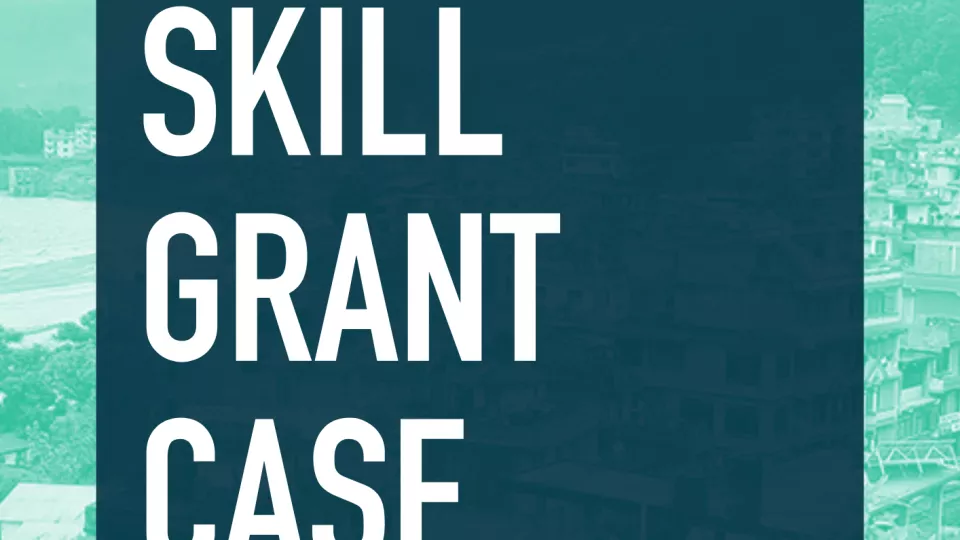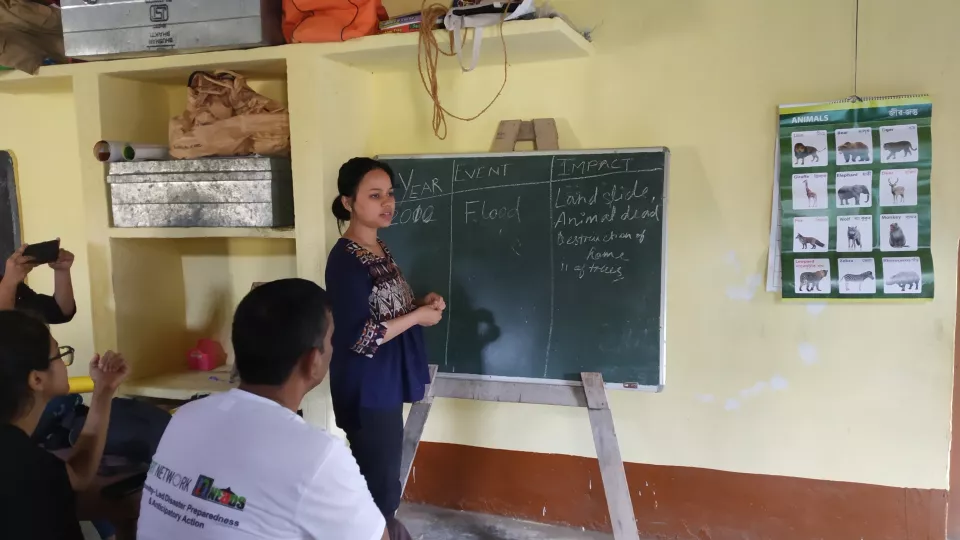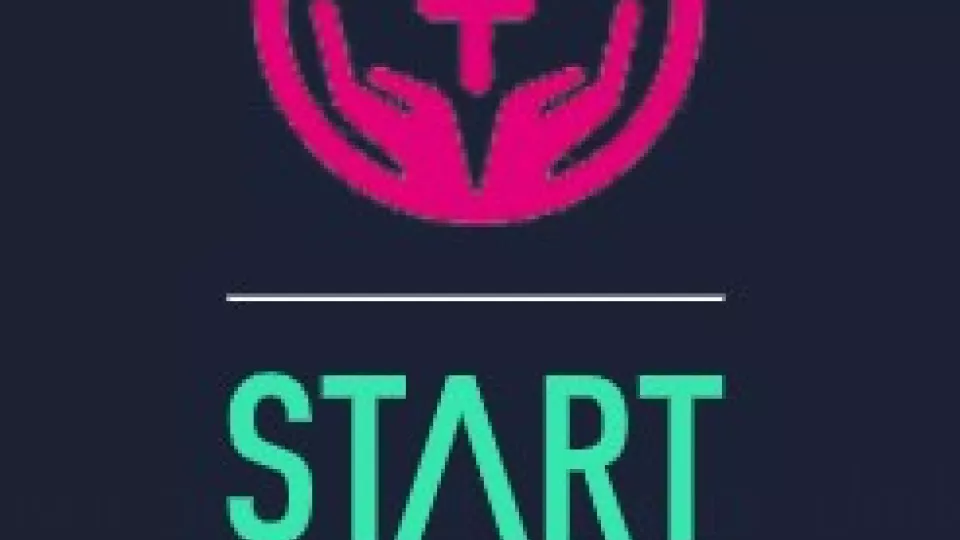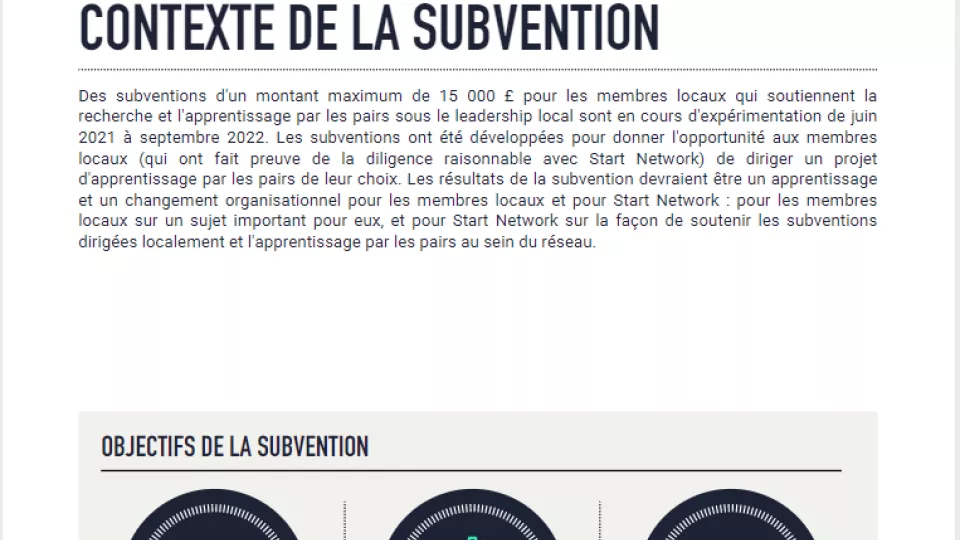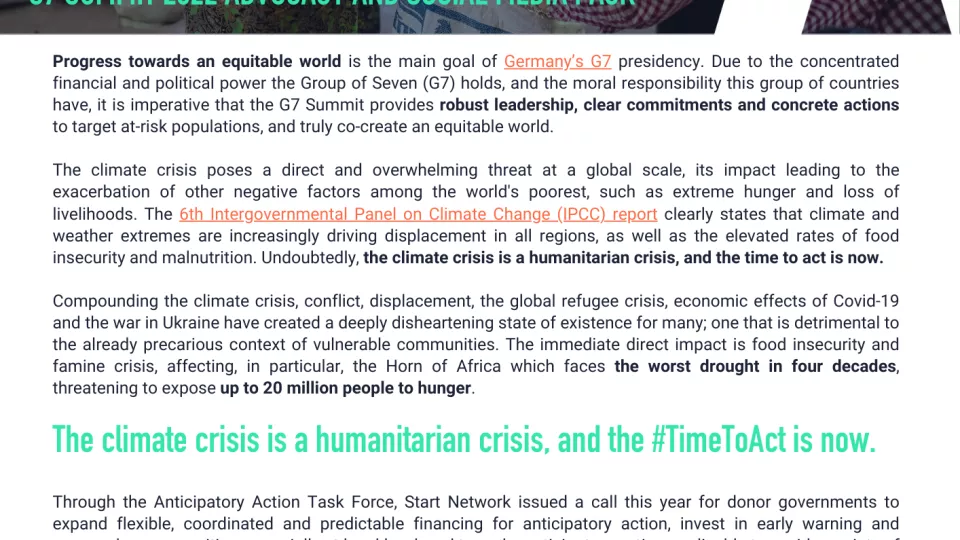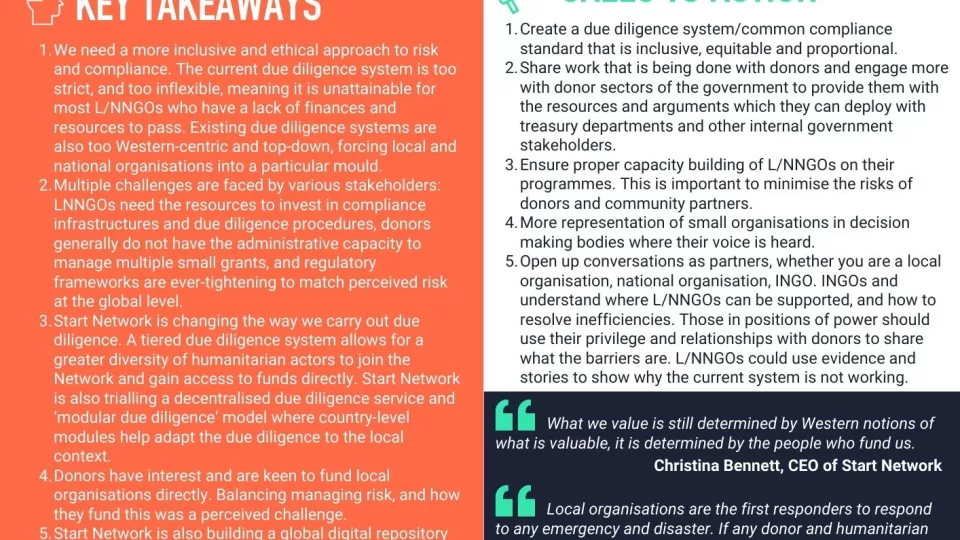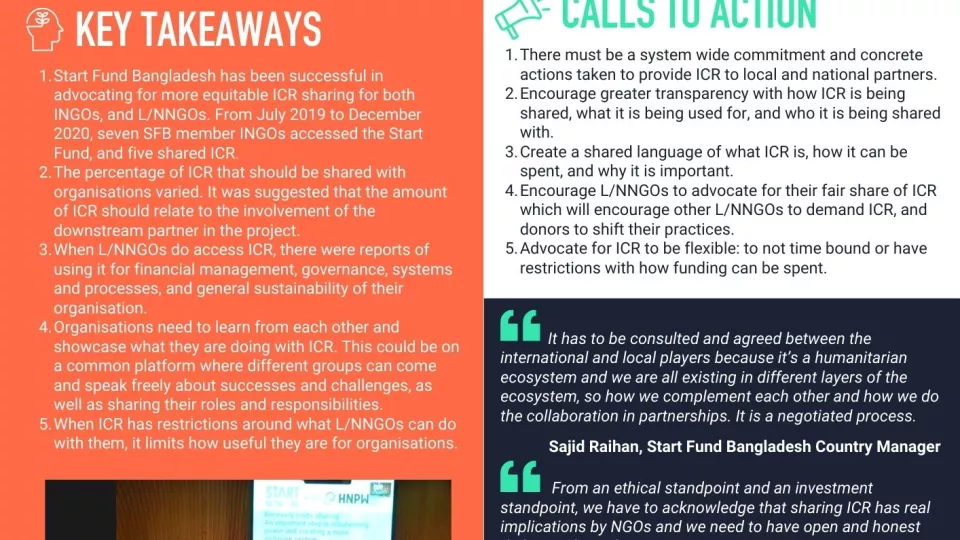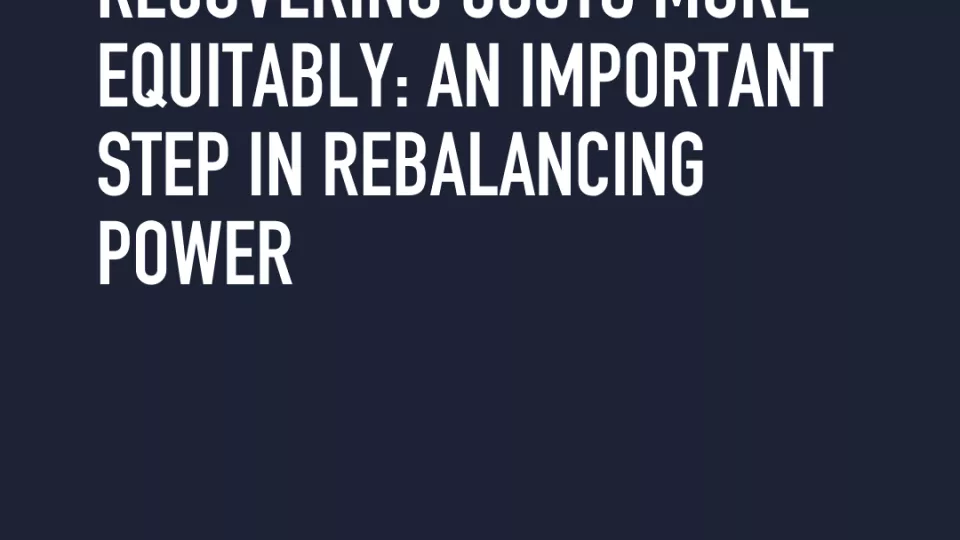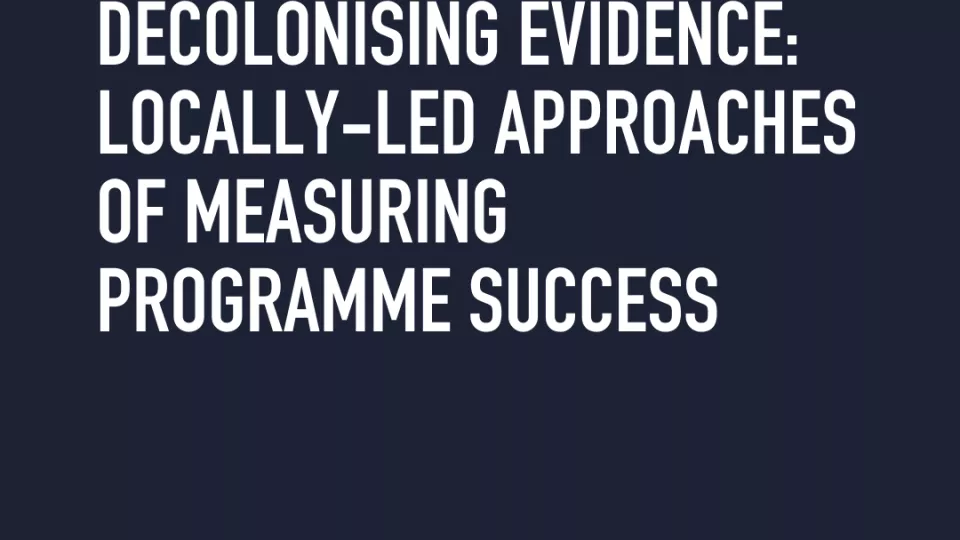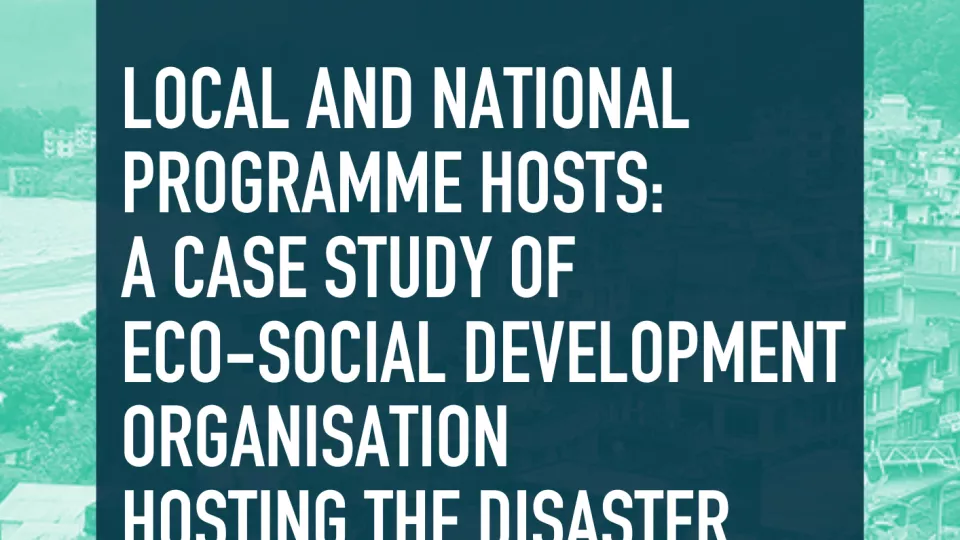
Local and National Programme Hosts: A Case Study of Eco-social Development Organisation Hosting the Disaster Risk Financing Programme, Bangladesh
Start Network aims for a locally-led humanitarian system, and the transition is already underway through the development of networks (known as ‘hubs’). Start Network hubs are collectives of local, national, and international organisations or humanitarian responders operating in the same country or region. Hubs come together through a vision of system change, to tackle the deep-rooted issues in humanitarian responses within their contexts. They are supported by the Global Start Network but ultimately, they control their resources and define their responses to crises affecting and threatening their communities.

